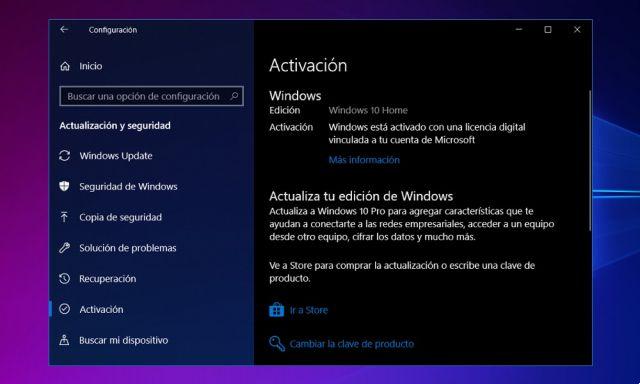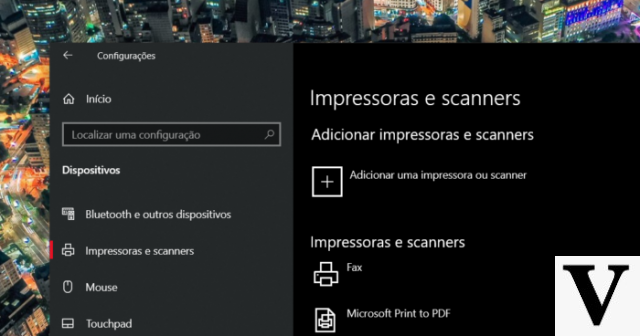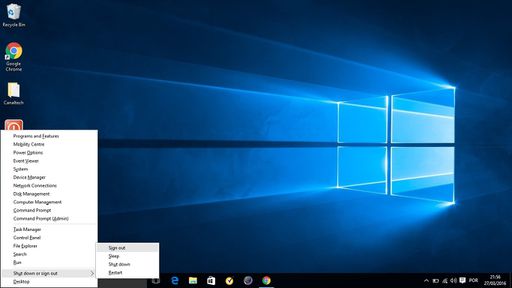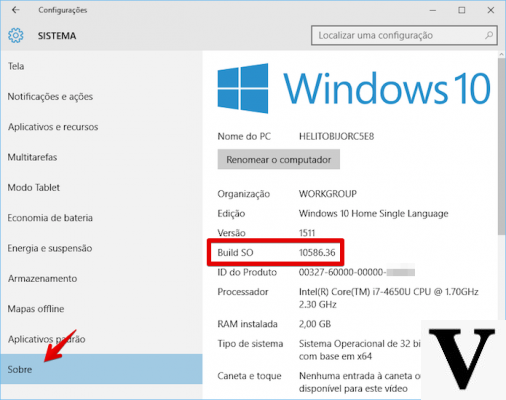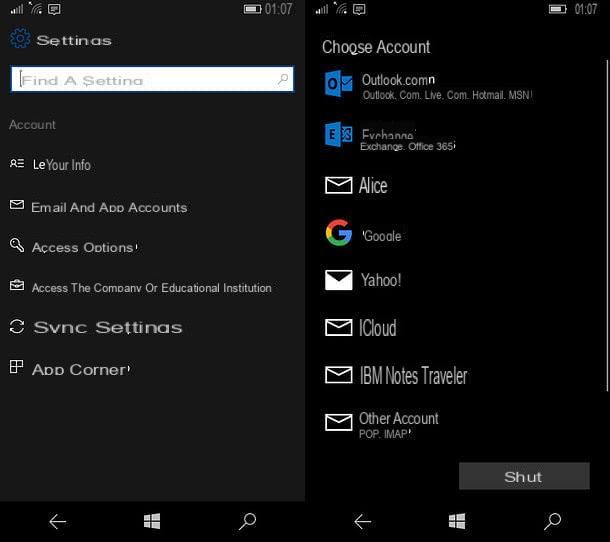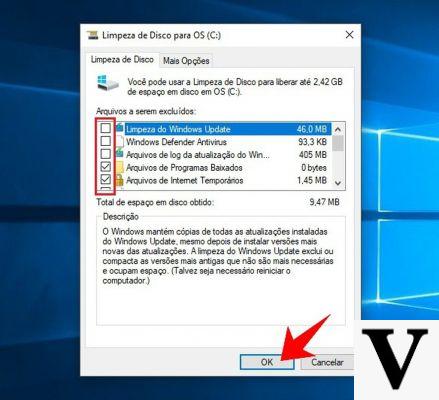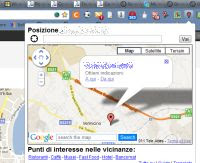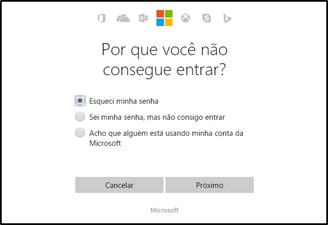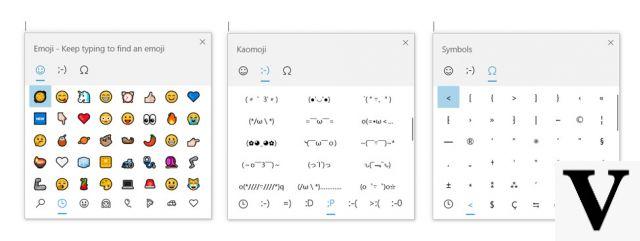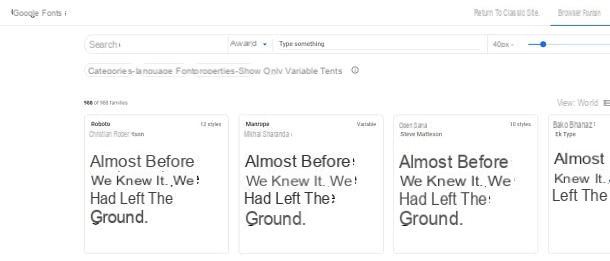
Advertising on the internet allows site owners to keep their jobs online, update web application programs and blogs, and even make a lot of money when the site becomes very popular and sought after.
It is no mystery that some sites abuse online advertising and re-populate their pages with banners of various types, including those that track visitor habits.
Javascript codes and other technologies can be aggressive direct marketing vehicles, which collect information by leaving tracking files on computers, unbeknownst to users, which store online activities to obtain statistics on preferences and on people.
for collection of such information there is no notice or request for permission.
However, any user can, if he wants, not be tracked online and prevent the monitoring of these cookies in order not to allow advertising and marketing companies to collect information on Internet browsing through the opt-out methods.
ALSO READ: Best free VPN services and programs for safe and free surfing
To understand what I am saying, you can try to browse some travel sites or those to search for houses or mortgages or cars.
Dopo aver visto un po' di questi siti, provare a tornare sulla ricerca Google o su un blog come e notare che, la pubblicità sul lato destro, riguarderà case, automobili, mutui e cosi via.
This is because Google advertising, as well as search, is customized according to the user's interests.
They are collected anonymously and allow you to display advertisements and personalized ads.
Leaving aside the extreme solutions such as the use of browser add-ons and extensions that completely prevent the display of advertising, could be much more beneficial to prevent only the tracking of the cookie so as to remain private and not to leave information to sites of external companies.
1) A'very protective opt-out option would be to install an extension like Ghostery for all browsers, which shows the user which tracking codes are present on the web pages.
A simpler option, without using add-ons and without any external programs, is that of the cookie opt-out and excludes all tracking of advertising circuits.
2) Privacy Badger is an extension for Firefox and Chrome from the Electronic Frontier Foundation to put an end to unauthorized monitoring from websites and online services.
What sets it apart from other extensions like Disconnect, Adblock Plus, and Ghostery is that it's far less invasive.
3) Another program for Internet Explorer, Chrome and Firefox è TrackerBlock and prevents to advertising networks and to websites to track and record personal data.
It works in three ways:
- Whenever a request is made to a website, a signal is sent telling the website not to track the visit.
- The so-called opt-out cookies that serve websites, services and advertising agencies to track the user, are deactivated.
- View companies that use HTML5 to store data on the system, with the ability to clear that data manually.
4) Do Not Trak Plus for Firefox and Chrome it is an add-on that blocks the tracking of data on the main advertising networks and sites.
It blocks the loading of external javascript of advertisements, banners and social buttons.
5) A other site which allows you to choose which online advertisements can be customized and which are not AboutAds.
6) ScriptSafe per Chrome e NoScript Security for Firefox they are two stronger solutions that disable all external scripts present on the sites, including therefore also the advertisements even if it prevents the loading of any site mechanisms.
7) The NAI Opt-out is a tool that works on all browsers e allows you to exclude the tracking of associated advertising companies.
It is sufficient to select the box relating to the advertising circuit to which you want to renounce so their ads can no longer be personalized as the collection of data from the web browser will be prevented.
This does not mean that online advertising will no longer be seen but only that such advertising will not be personalized for the user and will remain generalist.
The most important thing for some people is that privacy remains protected and is, in fact, an express refusal to participate in automated marketing statistics and campaigns.
8) Always open sites in HTTPS is an extension that allows you to be sure not to fall into the traps of bogus sites and not to leave traces in filling in fields such as the one for doing research.
In other articles, how to maintain privacy with Chrome, how to browse safely and privacy with Firefox and the Security and Privacy Options on Internet Explorer, smartscreen monitoring protection and filter which, surprisingly, becomes the most private browser of all.
ALSO READ: Private browsers that protect privacy and do not transmit personal data







